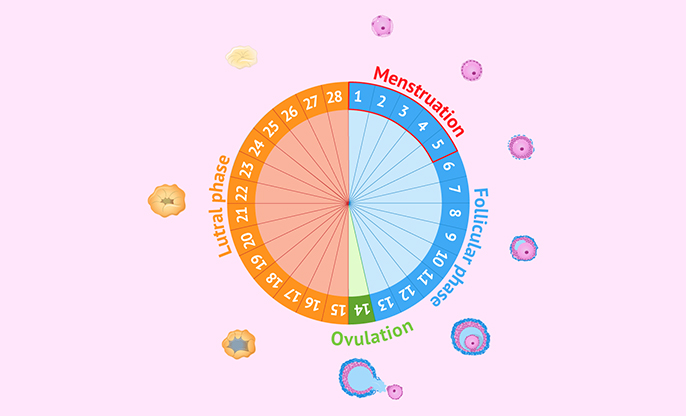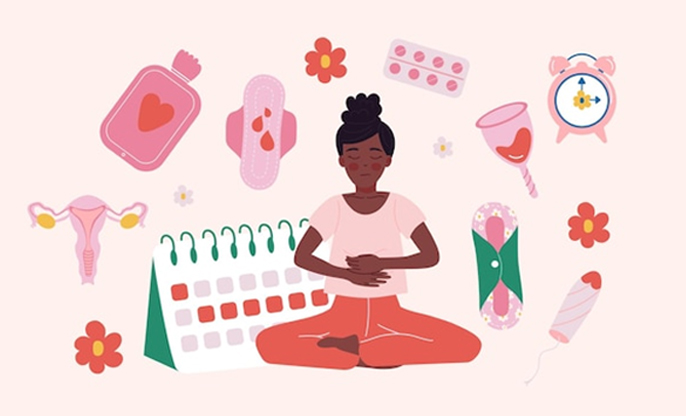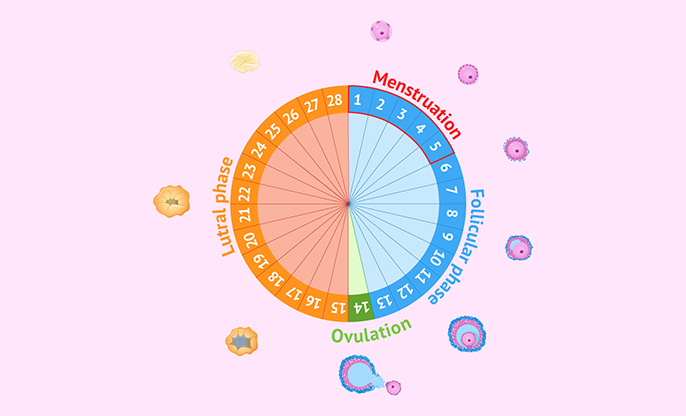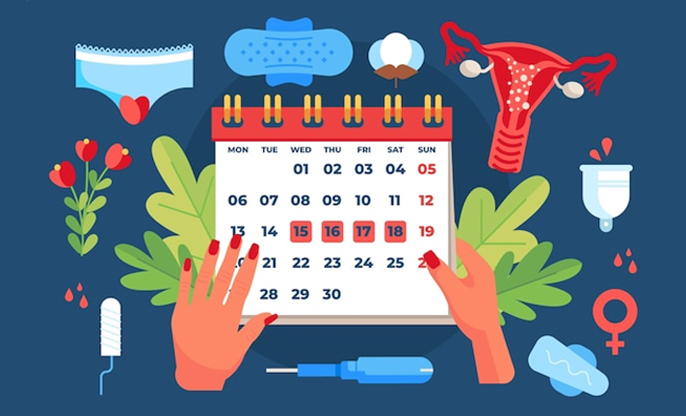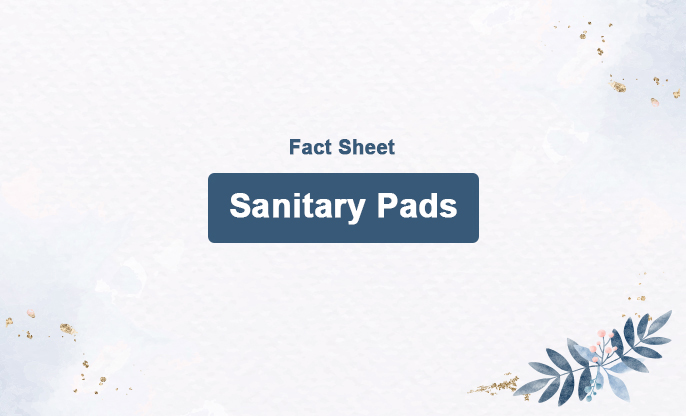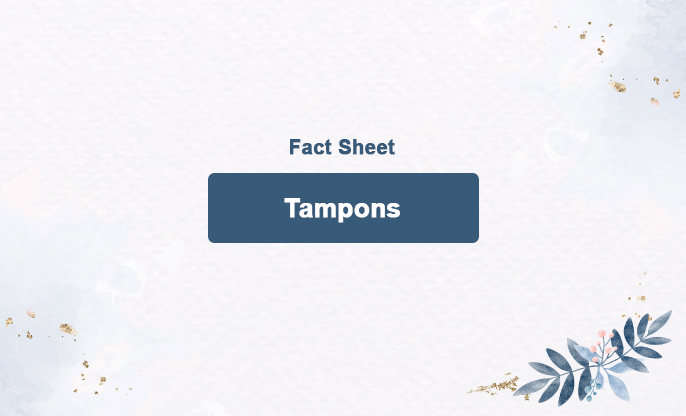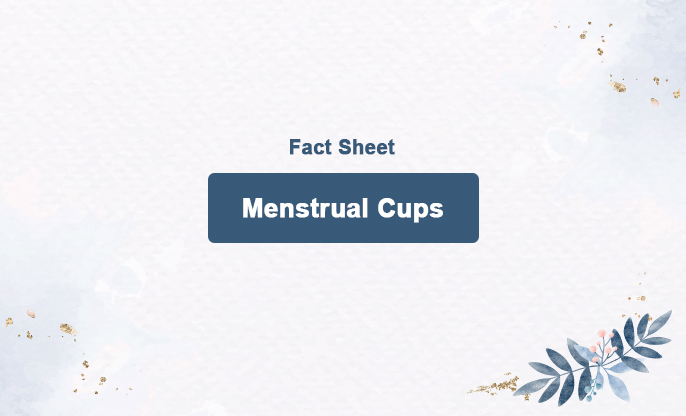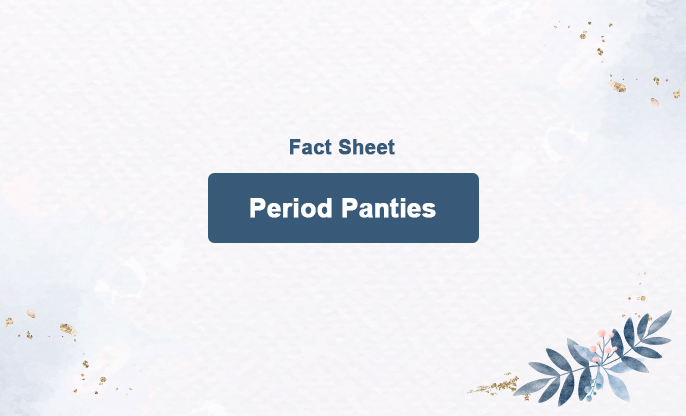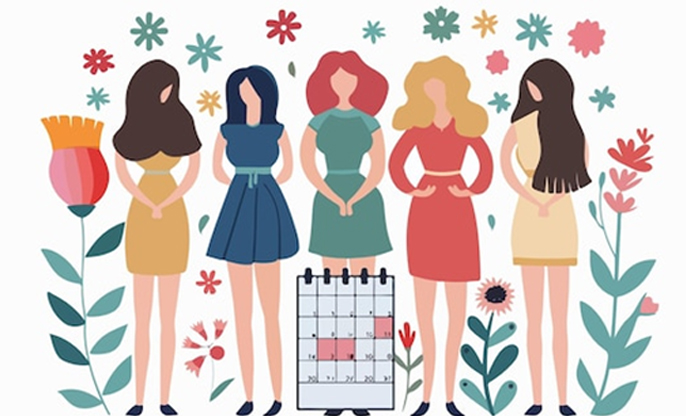
Unveiling
Cultural, Social, and Psychological Layers
Menstruation, a natural biological process, is experienced by women and girls around the globe, yet it's wrapped in layers of taboos, stigma, and cultural restrictions. These societal influences can deeply affect our emotional, mental, and physical health. Let’s explore how these cultural, social, and psychological aspects shape our experiences with menstruation in different communities.
Cultural Insights
How menstruation is perceived varies widely across
cultures, shaping how we manage and experience our menstrual cycles. For
instance, in some traditional Hindu communities, women on their periods are
often kept from kitchens, temples, or religious ceremonies. Similar practices
exist in parts of Nepal, where "Chhaupadi" banishes women to small huts
during their menstrual cycle due to beliefs about impurity.
These practices not only isolate us but also feed into feelings of shame and embarrassment, which can take a toll on our self-esteem and mental well-being. However, it's not all negative. In some Indigenous cultures, menstruation is celebrated as a symbol of fertility and strength, with communal rituals that honor a girl’s transition to womanhood.
Social Dimensions
The social impact of menstruation ties closely to cultural
views. A significant issue is menstrual equity, which is about fair access to
menstrual products, education, and hygienic spaces for managing menstruation.
Many girls in developing regions, and even in underprivileged areas of
wealthier nations, miss out on school or face limited career opportunities due
to a lack of menstrual supplies, perpetuating poverty and inequality.
In the workplace, even in modern settings, discussing menstruation is often taboo, making it difficult for women to express their needs, especially when dealing with symptoms like severe pain or PMDD (Premenstrual Dysphoric Disorder).
Psychological
Impact
The psychological effects of menstruation are profound. The stigma and silence around it can lead to feelings of anxiety, depression, and isolation. Worries about leaks, odors, or just being 'found out' can cause significant stress. Furthermore, how society talks about menstruation often influences how we see ourselves and our bodies. Negative perceptions can make us feel disgusted or ashamed, while positive, open discussions can foster acceptance and appreciation for this natural process.
Looking Ahead
To tackle these cultural, social, and psychological
challenges, we need a comprehensive approach:
● Education: We should all
learn about menstruation, boys and girls alike, to demystify it and reduce
stigma.
● Policy Changes: It’s crucial for
governments and organizations to ensure everyone has access to necessary
menstrual products and to promote hygiene and support in both schools and
workplaces.
● Cultural Shifts: Community leaders and influencers can help transform harmful norms by openly discussing menstruation and advocating for respect and equality.
Menstruation is a normal and healthy part of life and
shouldn’t be a source of shame or inconvenience. By talking openly and
addressing these various aspects, we can create a more inclusive and supportive
environment that empowers everyone who menstruates.
